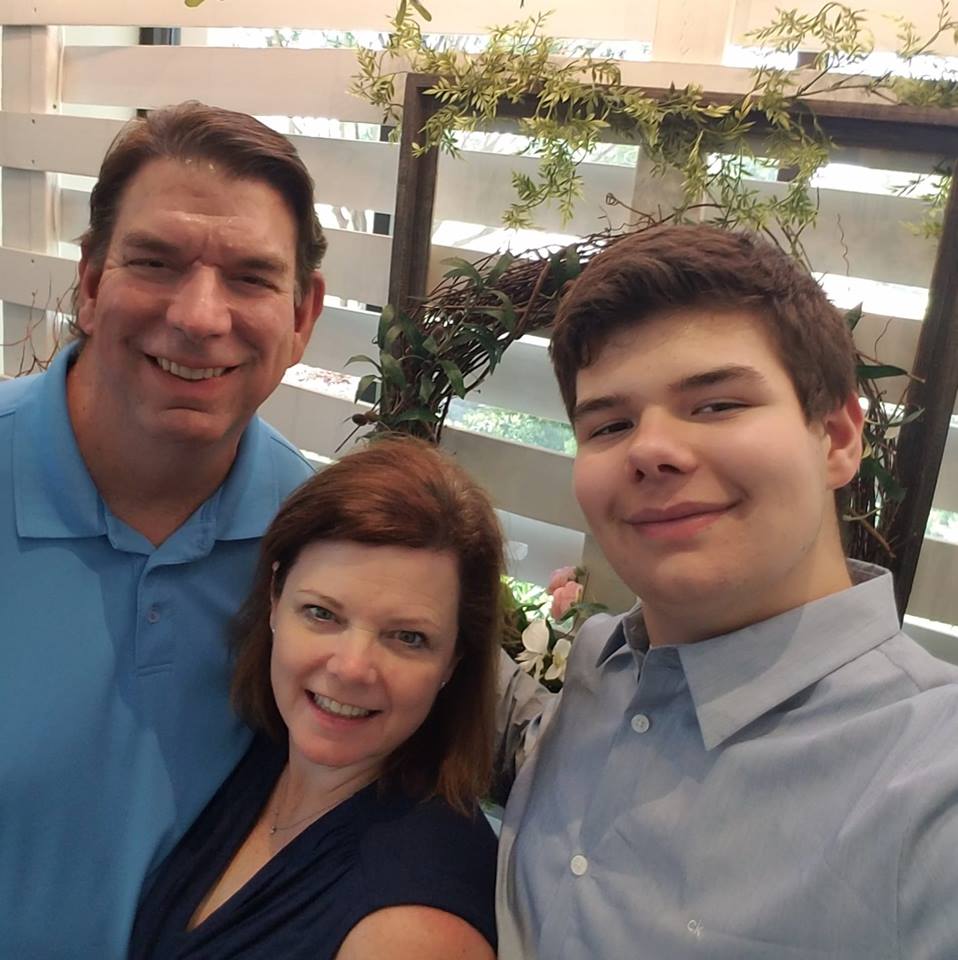It is sad but typical for a child of eight or nine to be exposed to pornography on a friend’s unlocked phone or an older sibling’s tablet. It is also common for kids to find a backdoor to a dark world through what seemed to be an innocent online game. But what about when viewing pornography as a regular practice by a parent. What seems like a harmless distraction or a personal vice can have a devastating impact on not only the individual viewing pornography but the whole family, including the children. Today pornography consumption has been identified as the leading cause of broken families in America. A recent major study from marri – The Marriage and Religious Research Institute, has identified pornography as a significant cause of divorce in 56% of the marriage’s studied.
Before you click away, either mad at us for talking about this during the Christmas season, or thinking this does not apply to your family, let me caution you. As the pandemic continues to ravage our country and more social distancing guidelines are put in place, people become more isolated, technology-dependent, and lonely, leading many to turn to pornography for distraction. Pornhub, the world’s largest provider of X-rated videos, reports an 18% increase in subscribers since March 2020. With free pornography on every device at your fingertips, a curious child or adolescent can probably find it faster than you can block it. In our work with families, we continue to see them struggling with the impact of pornography in their marriages and homes. We must talk about it.
“If we don’t disciple our kids about sexuality, pornography will do it for us. We need to be talking with our kids about sex and about porn early and often. We cannot afford to think we’re going to have “the talk” with them one time when they’re about 10 years old. Many kids are encountering porn before age 10. ”
axis.org
How can you tell if your child has been looking at porn?
Protect Young Minds, an online resource for parents, says there are several signs you can look for in your children’s behavior to indicate that they might be viewing porn:
- Clearing their browser histories. Clearing the history doesn’t mean in and of itself that your kids have been looking at porn, but this behavior is suspicious enough that it’s worth looking into it.
- Spending a lot of time online at night.
- Spending a lot of time in the bathroom on their devices. Really, if you see your kids shutting themselves off anywhere with their devices for periods of time, that’s a warning sign.
- Changing their screens when you come around. Again, why would they need to do this unless they are trying to hide something?
- Acting more moody, irritable, depressed, or aggressive. Watch out for noticeable changes in behavior or if your kids are no longer interested in activities they used to love.
As parents our goals are simple:
- We want to mentor our kids more than we monitor. While monitoring software and filters are critical to protecting our kids, they need to see us being good stewards of technology.
- We want our kids to show us examples of both positive and negative situations. We want to see their judgement skills grow and challenge their ability to make good decisions for themselves.
- We want to connect with our kids. The best monitoring tool we have is our ability to have conversations with them
How can we help our kids exposed to porn or actively engaged in using porn?
- Don’t be angry with a child for being curious about porn. Stay calm and collect your thoughts. Plan your conversation in advance, assuming they will have encountered it.
- Assess the impact that encountering porn has had on them, how often they are viewing porn, and how they are gaining access to it.
- Validate their emotions and help them make sense of their reaction. It is important to talk about how it makes them feel, both mentally and physically.
- Pace yourself. It’s better to have many short conversations about your values and expectations with your teen, rather than a long uncomfortable “talk.”
- Help them establish safe boundaries for themselves. Help them understand the dangers of using technology alone, late at night, or in isolation. Establishing their own boundaries helps them be more self-aware when making choices to consume porn.
- Set up age-appropriate monitoring software and filtering on your children’s phones and devices. Monitoring software such as Covenant Eyes will send you a notice when there has been an alert in their searching and viewing, as well as conversation tips.
- Don’t forget this is a heart issue. Overcoming addiction or even curiosity requires personal behavior modification. If your child does not have a change of heart in what they are doing, no amount of effort to help will change their behavior.
- For older teens, help them set up an accountability circle of friends, and mentors who they can connect with when they are tempted to access porn. Check in with them periodically to make sure they are engaging that network.
- Provide counseling if your child is showing signs of addiction or not able to talk about it with you.
This is such a big issue; we CAN NOT just turn a blind eye to what is going on around us. Early involvement from parents is the key to limiting the impact of pornography on our children. Building a family environment where anything can be discussed is our biggest challenge to breaking down the world’s grip on our kids. At the beginning of each day, say a prayer over your children, committing them and you to God, asking His protection over their hearts and minds. Follow that each day by opening the door to conversation, even about the tough stuff.
Additional Resources:
- Axis.org – A great resource for christian parents on all things culture. We especially like the Parent Guides, and the weekly Culture Translator emails.
- ProtectYoungMinds.org is a resource website with regular updates on research and tools to combat pornography in our homes.
- Article: How Christian Parents Can Talk About Sex
- What Every 21st Century Parent Needs to Know, by Debra Haffner
- 10 Conversations You Need to Have With Your Children, by Shmuley Boteach
- From Diapers to Dating, by Debra Haffner

